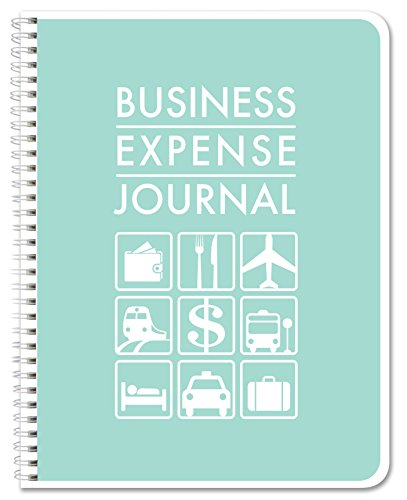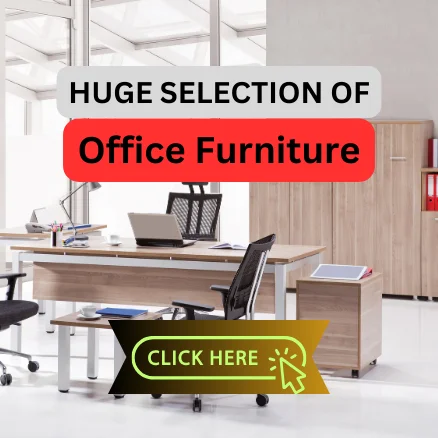So you want to know how to qualify your home office as a business expense? Well, you’re in the right place because we’re about to spill the beans on the three general rules that will help you do just that. It’s all about making sure your home office meets the criteria set by the IRS, and we’re here to break it down for you. Get ready, because by the time you finish reading this article, you’ll be well on your way to taking advantage of this tax-saving opportunity.

Rules For Qualifying Your Home Office As A Business Expense
Introduction
When it comes to qualifying your home office as a business expense, there are certain rules that you need to follow. These rules are put in place by the Internal Revenue Service (IRS) and are designed to ensure that individuals are genuinely using their home office for business purposes. By understanding and adhering to these rules, you can potentially save money on your taxes by deducting expenses related to your home office.
Exclusive and Regular Use
The first rule for qualifying your home office as a business expense is that it must be used exclusively and regularly for business purposes. This means that you cannot use your home office for personal activities or as a multifunctional space. The IRS requires that you have a dedicated area in your home that is used solely for conducting business.
Dedicated Space
To meet the exclusive use requirement, your home office should have a designated area that is used solely for business purposes. This area should not be used for personal activities, such as watching TV or as a guest bedroom. It should be a dedicated space that is used exclusively for your business.
Principal Place of Business
In addition to being exclusively used for business, your home office must also serve as the principal place of your business. The IRS defines the principal place of business as the location where you conduct the most important business activities or where you meet clients and customers. This means that if you have multiple locations for your business, your home office must be the primary place where you conduct business.
Detached Structure
In some cases, a home office can be located in a detached structure, such as a garage or a separate building on your property. However, there are additional requirements that need to be met for a detached structure to qualify as a home office. For example, the structure must be used exclusively for your business and not for any personal activities.
Principal Place of Your Business
The second rule for qualifying your home office as a business expense is that it must be considered the principal place of your business. This means that your home office is the primary location where you meet clients, conduct administrative or management activities, and do not have any other fixed location for conducting business.
Meeting Clients
If you regularly meet with clients or customers at your home office, it can be considered the principal place of your business. However, occasional meetings or client visits might not be enough to meet this requirement. The IRS looks for a substantial amount of business conducted at your home office to qualify as the principal place of your business.
Administrative or Management activities
Another factor that determines if your home office is the principal place of your business is if you regularly conduct administrative or management activities there. This includes tasks such as bookkeeping, answering emails, billing, or planning. If you spend a significant amount of time on these activities in your home office, it strengthens your case for it being the principal place of your business.
No Other Fixed Location
To qualify your home office as the principal place of your business, you must not have another fixed location where you conduct substantial business activities. This means that if you have an office or a storefront outside of your home, your home office may not qualify as the principal place of your business.
Regular and Profitable Use
The third rule for qualifying your home office as a business expense is that it must be used regularly and for the purpose of generating a profit. This means that your home office should be actively used for conducting business activities on a consistent basis.
Actual or Potential Profit
To meet the regular and profitable use requirement, your home office should have the potential to generate a profit or be actively used to generate income. This means that you should be engaged in activities that are directly related to your business and have the intention and expectation of making a profit.
Business Activities
Your home office must be used for business activities in order to qualify as a business expense. These activities can include tasks such as meeting with clients, conducting research, creating products or services, or managing your business operations. The IRS expects that your home office is a place where you regularly engage in these business activities.
Time and Effort
In addition to being regularly used for business activities, your home office should also demonstrate a significant amount of time and effort being invested into your business. This means that you should be able to show that you are dedicating a substantial portion of your time to running and growing your business from your home office.
Conclusion
Qualifying your home office as a business expense can offer tax advantages, but it is important to understand and follow the rules set by the IRS. By ensuring exclusive and regular use, establishing your home office as the principal place of your business, and demonstrating regular and profitable use, you can potentially deduct expenses related to your home office and reduce your tax liability. Remember to consult with a tax professional for specific guidance tailored to your situation.









